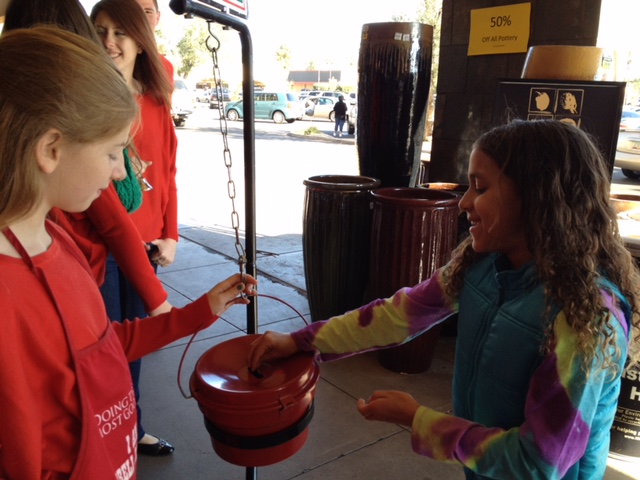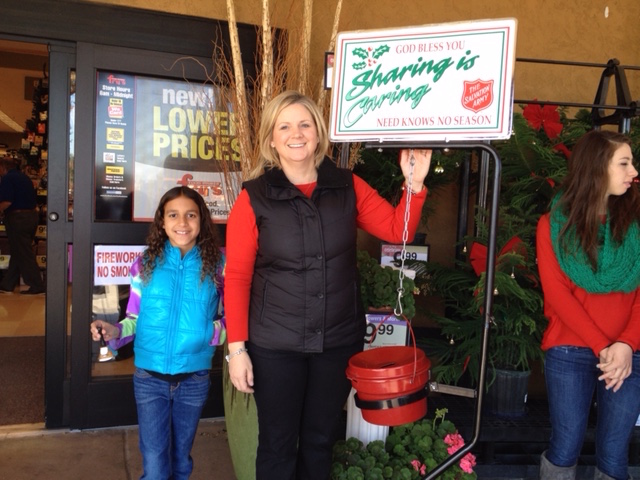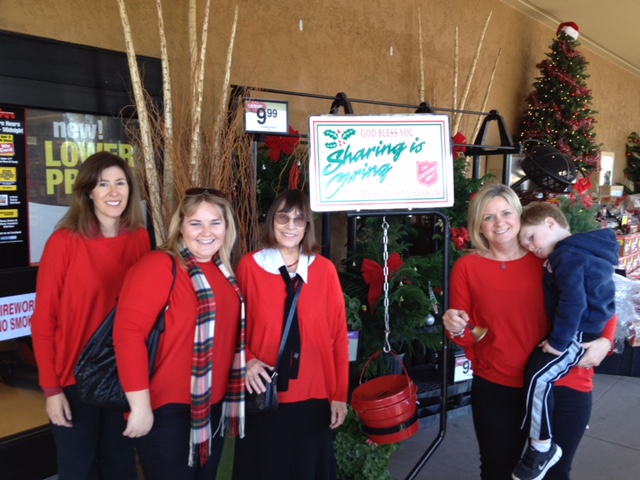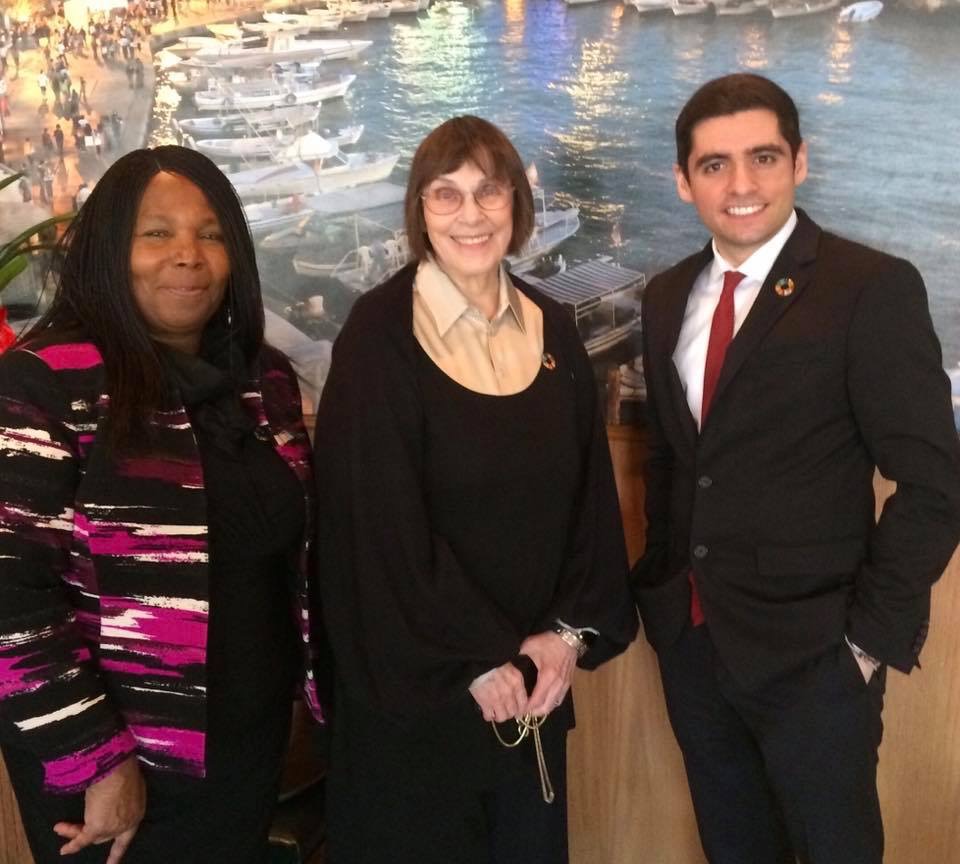Working in over 150 countries, the United Nation’s International Childrens’ Emergency Fund (which Jenny and Bob have served for 65 years) provides children with health care, clean water, nutrition, education, protection from child trafficking, emergency relief, and more. May we invite you to offer special help on November 20th, Universal Children’s Day?
The State of the World’s Children – 2000 UNICEF and The Salvation Army:
(Jenny will Edit Copy)
Zambia: Hope in the AIDS epicentre Refusing to give up
People in rural Chikankata in south-eastern Zambia, with support from donors including UNICEF and the Salvation Army, have responded to the AIDS pandemic with the most powerful resource available: community. Today, Chikankata Hospital is sponsoring its first life skills workshop for children orphaned by AIDS. Wisner, a 17-year-old, listens attentively in a makeshift classroom. Posters line the walls with the lesson topics scrawled across them: Teenage sexuality. Rights of children. Assertiveness. Child abuse. Wisner, along with 19 other children in the class, has first-hand experience with these issues. He is one of 1,183 children in the five surrounding villages who have lost a mother or both parents to the disease in the last few years.
“Life is very difficult since my mother passed away in 1996,” he says quietly. He lives with his grandmother, but she does not have enough money to pay his school fees. The elderly woman has lost five daughters to AIDS and now struggles to care for seven school-age grandchildren. “If I can go back to school, I can have hope,” says the adolescent.
“The goal of this programme is to enhance the community’s protection of orphans,” explains Patrick Haachintu, coordinator of the Community-based Orphans’ Programmes. He notes that orphans are often neglected or treated poorly by overburdened families, and they are frequently exploited for labour and sex. “They don’t know their rights as children,” says Mr. Haachintu. The workshop is part of an effort to support the orphans, which includes teaching them income-generating skills and basic agriculture. In this morning’s lesson, the youths watch a video on how to resist aggressive sexual overtures from adults.
A Ugandan boy, whose father died from AIDS, reads with his sister.
Walking through the wards at Chikankata Hospital, one sees surprisingly few patients – despite the fact that AIDS has ravaged the surrounding rural communities, killing 300 people between November 1998 and March 1999 alone. In another of its pioneering efforts, the hospital sees to it that AIDS patients and orphans are cared for in their communities, maintaining some semblance of continuity and stability in their lives. “Even if people have lost all their family members, we are encouraging them to see that other people within the community are their family,” says Elvis Simamvwa, the hospital director.
In the nearby village of Ngangula, 150 villagers volunteer in the Children in Need (CHIN) programme to look after the orphans and provide health education to schoolchildren. Ngangula offers a microcosm of what is happening around Zambia: In 1996, surrounding villages, with a total population of about 4,200 people, had 231 AIDS orphans; by 1999, the number had risen to 550. In response, CHIN is trying to pay school fees for the children by running a small shop that sells basic goods. UNICEF has helped by paying to repair the school roof, which has enabled the school, in turn, to waive fees for 96 orphans.
Life for orphans in Ngangula remains difficult. Maxwell, 12, barefoot and wearing torn clothes, stands with a ragtag group of children during a school lunch break, some of the dozens of orphans at the Ngangula Basic School. “When my father was alive, I had shoes and decent clothes. Now, other children laugh at my clothes,” Maxwell says shyly, as he lowers his voice and diverts his gaze when he speaks. He says he often goes the whole day without food.
Byron Mwemba, the CHIN coordinator for Ngangula, is championing the cause of the village’s most vulnerable from his base in a mud clinic with a cement floor. “Some guardians were harsh. They used orphans to collect wood and water and the children were overworked. Now we have educated the guardians.” He says the community has provided the guardians with fertilizer so that they can grow food to feed the children, and a woman cooks lunch for the orphaned schoolchildren each day. He is trying to raise funds for a grinding mill, which would generate a small, steady income that could pay the orphans’ school fees.
“You don’t lose hope,” asserts Mr. Simamvwa back at Chikankata Hospital. His gentle smile seems incongruous, given the magnitude of the crisis that he and his community are facing. But he insists, “This disease has taught communities a few lessons about themselves and how to live with each other.” He adds, “Thinking negatively can kill you. But thinking positively can actually give you hope – and life.






